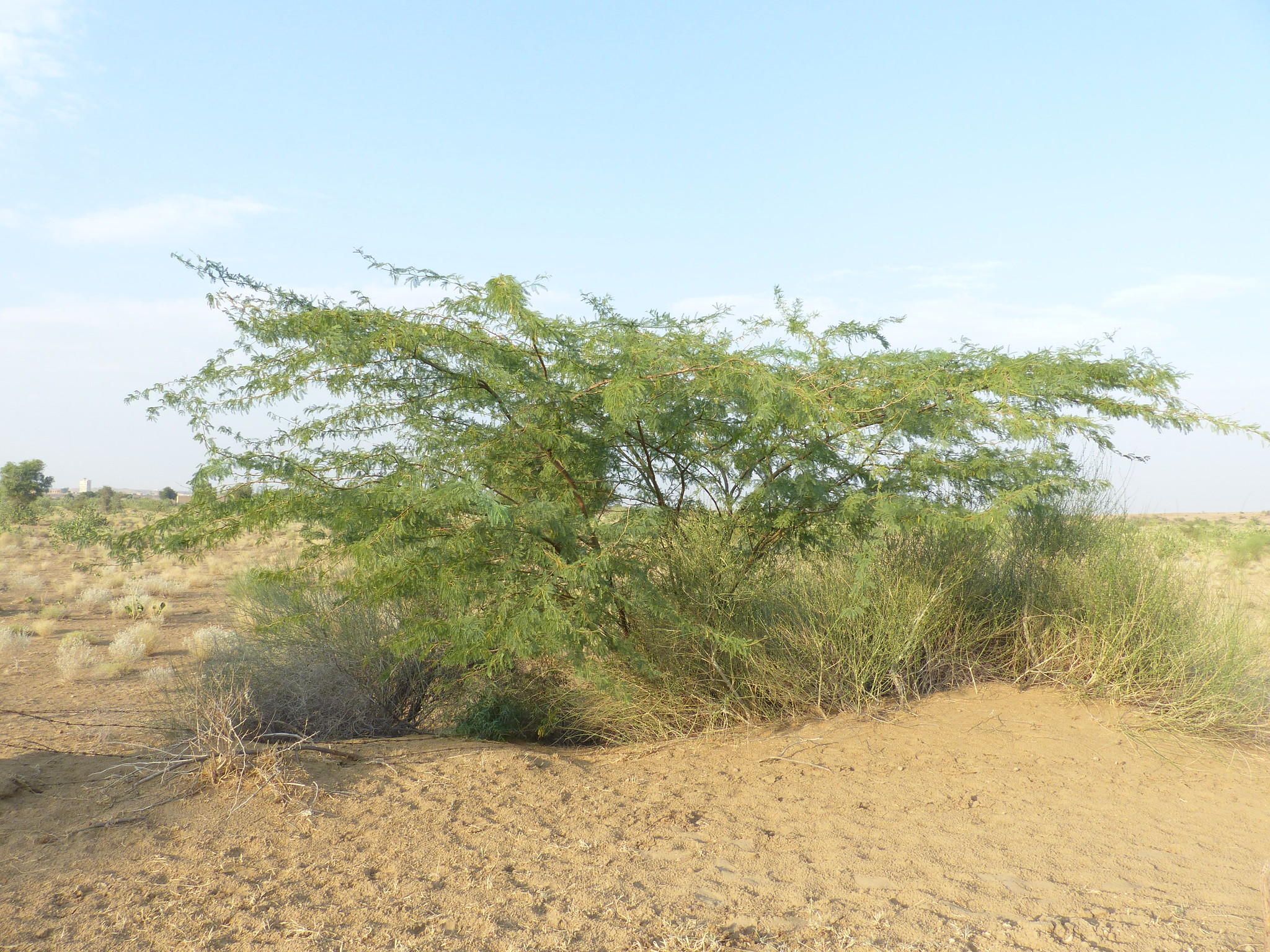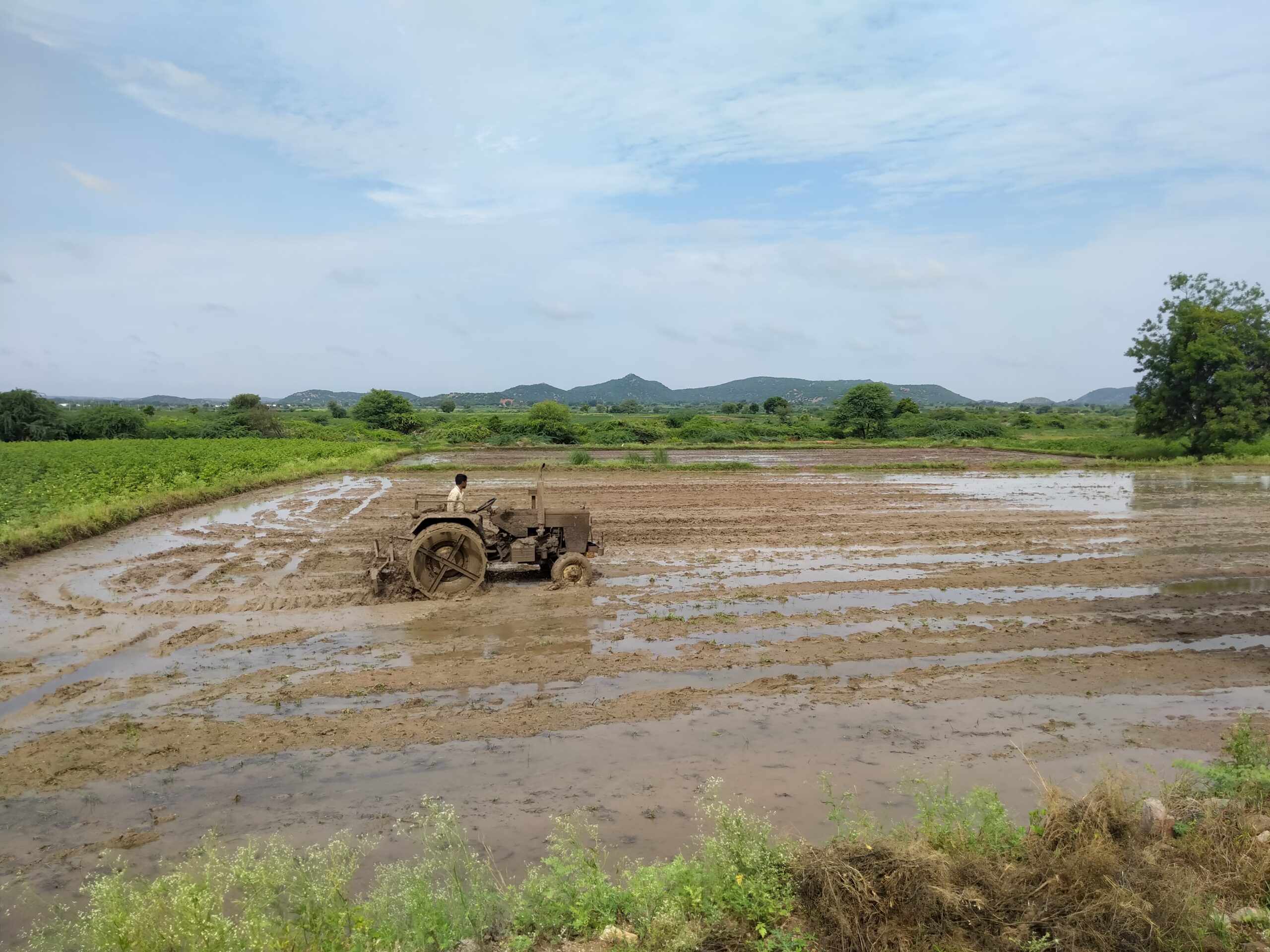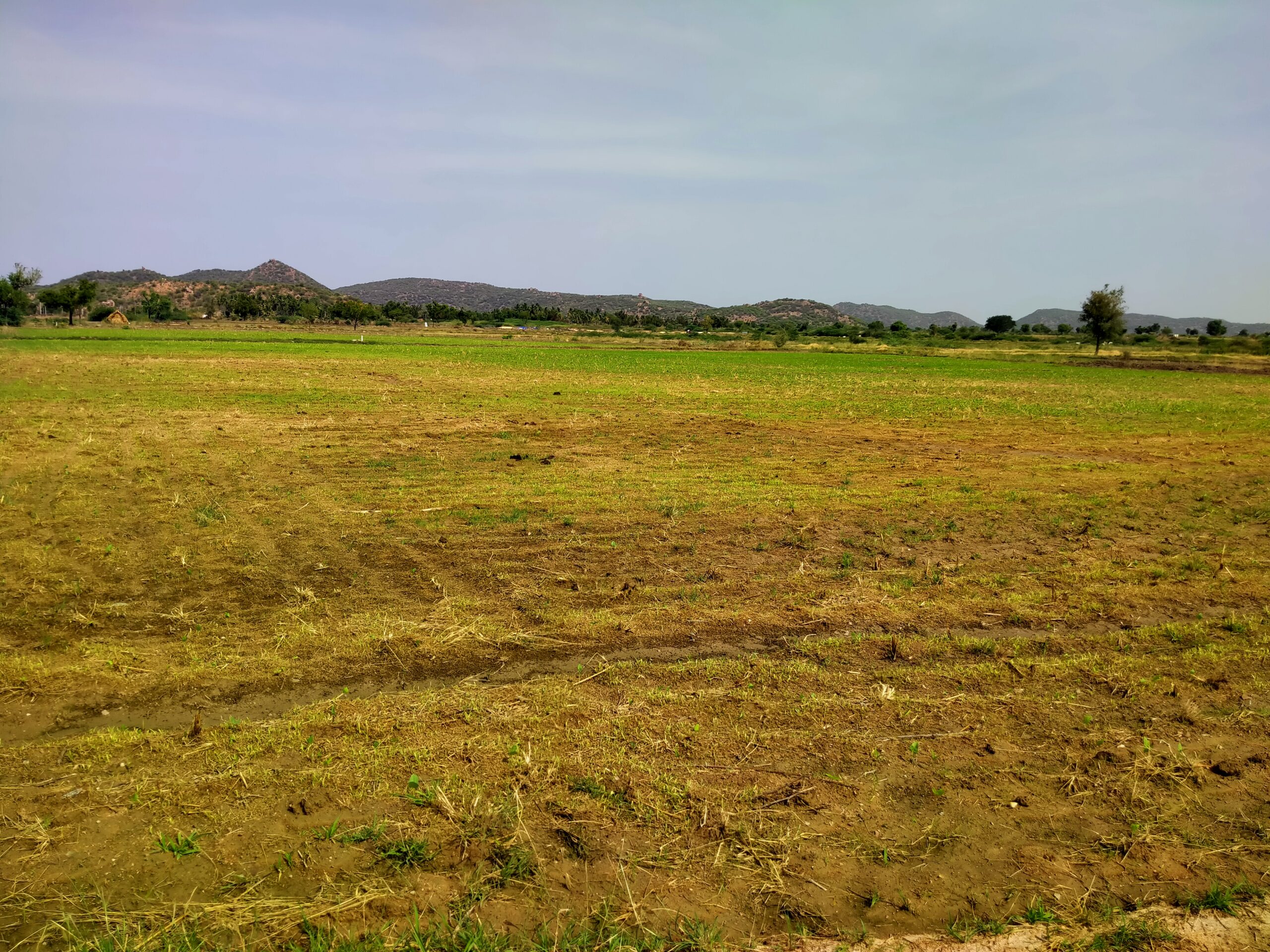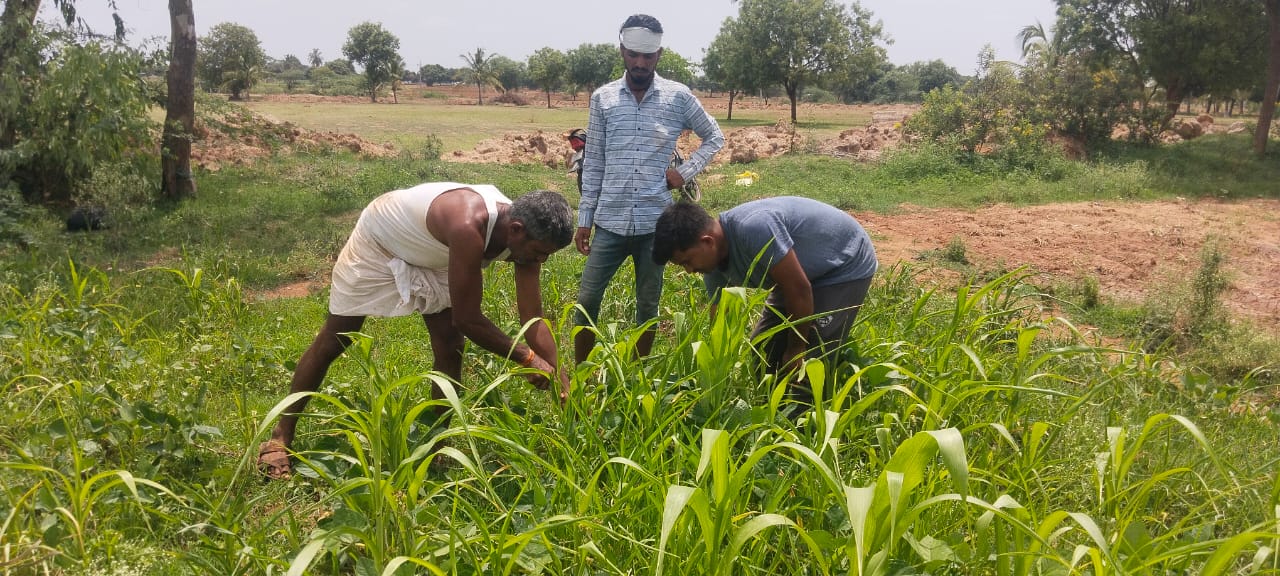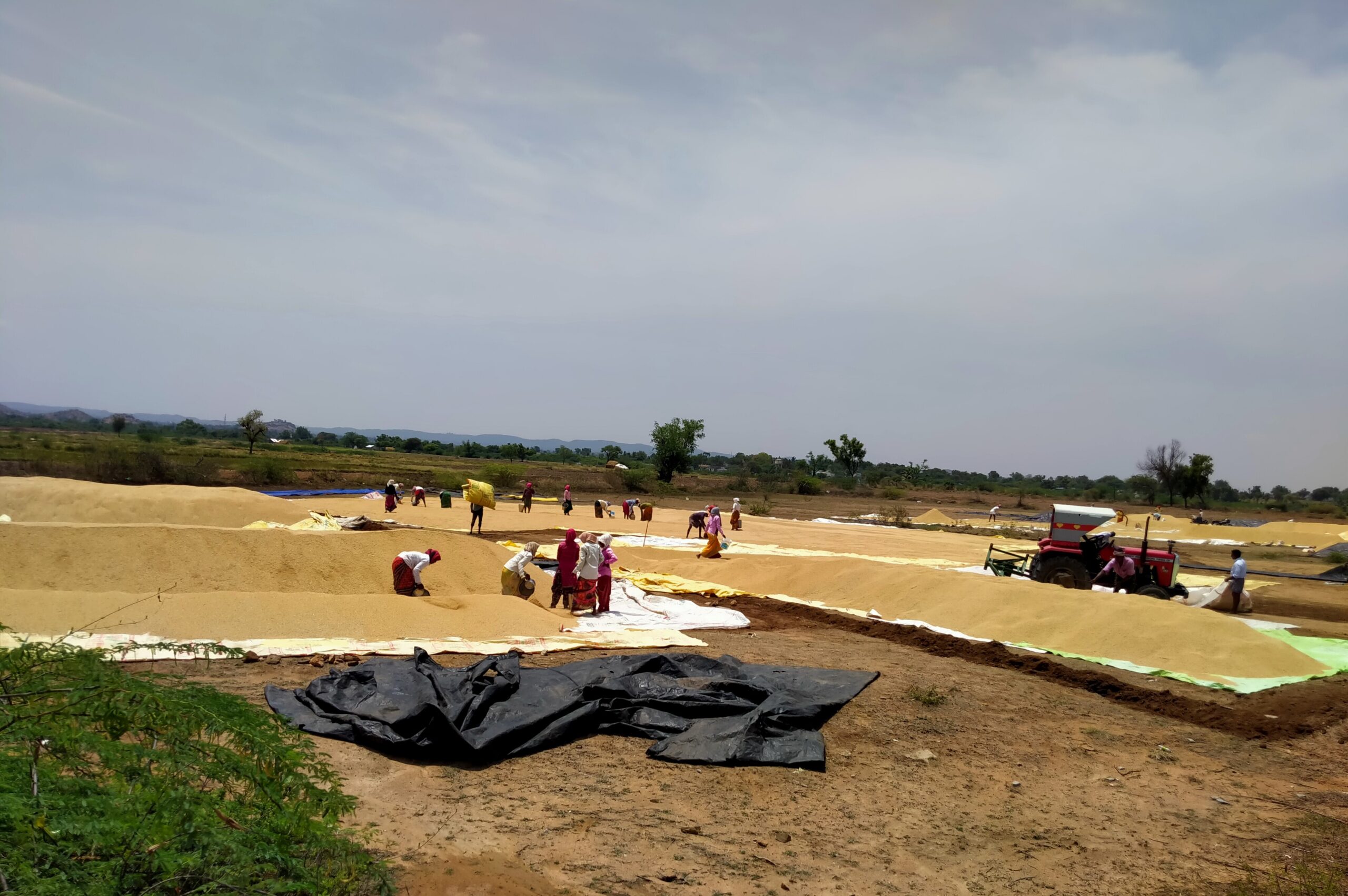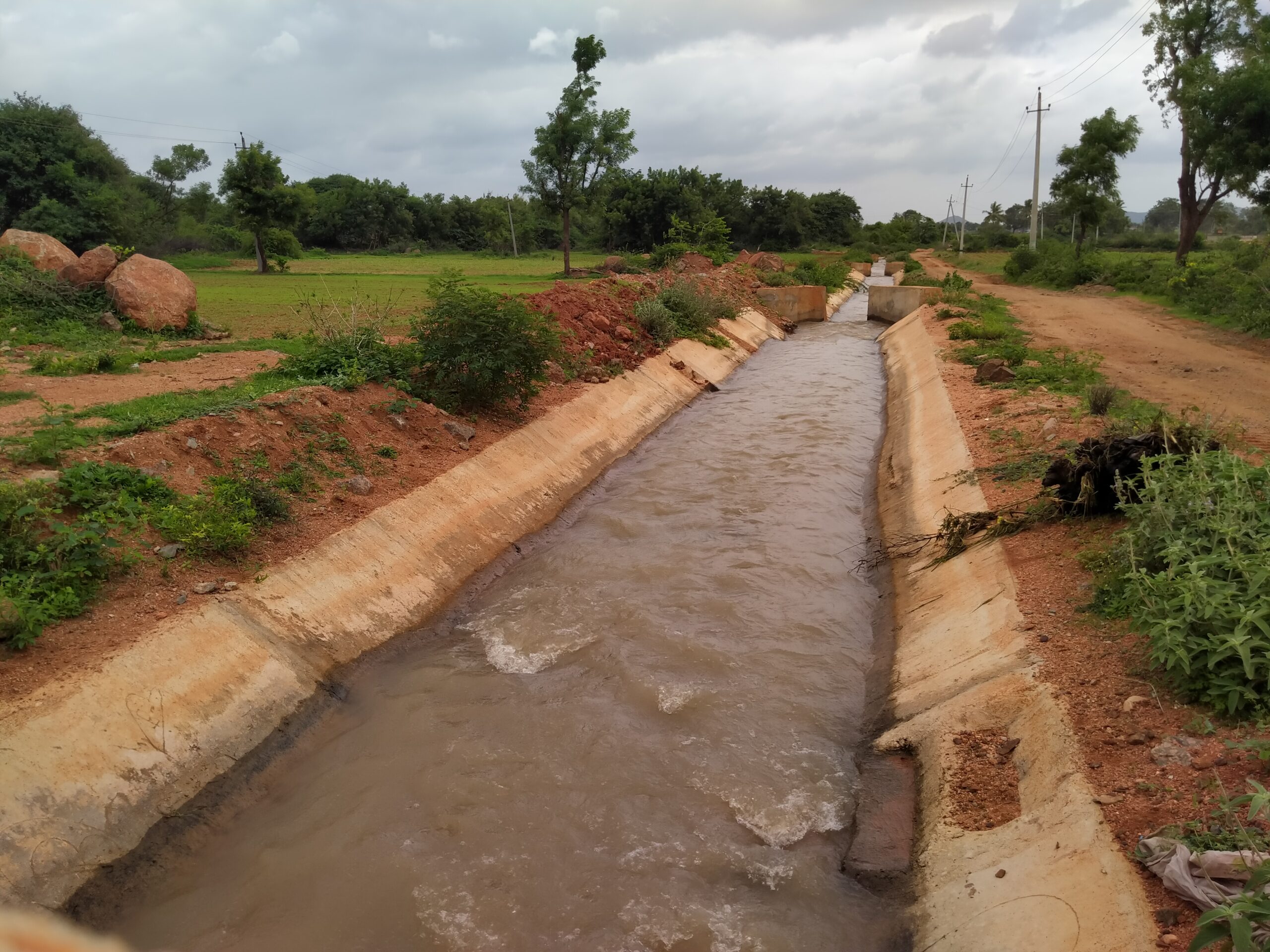Climate Mitigation: Can Carbon Credits Ensure Farmers Don’t Pay The Price?
Reducing carbon emissions in agriculture is important, but placing the burden on farmers is unfair. A robust carbon credit system can safeguard their interests as they switch to sustainable practices.
Agriculture accounts for 20 percent of India’s greenhouse gas emissions, second after the energy sector. There is scope to significantly cut down overall emissions without compromising on food production and nutritional security. A study by the International Maize and Wheat Improvement Centre (CIMMYT) identified efficient use of fertilisers, zero tillage, and better water management in rice farming as three ‘hotspots’ that can have big impacts on emissions reduction.
However, a majority of farmers in the country fall under the small or marginal categories and they are the ones who are already facing the brunt of climate change. This demographic is poverty-stricken and has not contributed to the crisis in a significant manner.
Acknowledgements
Anjali Neelakantan and Syamkrishnan P. Aryan for India Development Review (IDR)
Dr Veena Srinivasan and Kaavya Kumar contributed to this article.
If you would like to collaborate with us outside of this project or position, write to us. We would love to hear from you.
Follow us and stay updated about our work:

